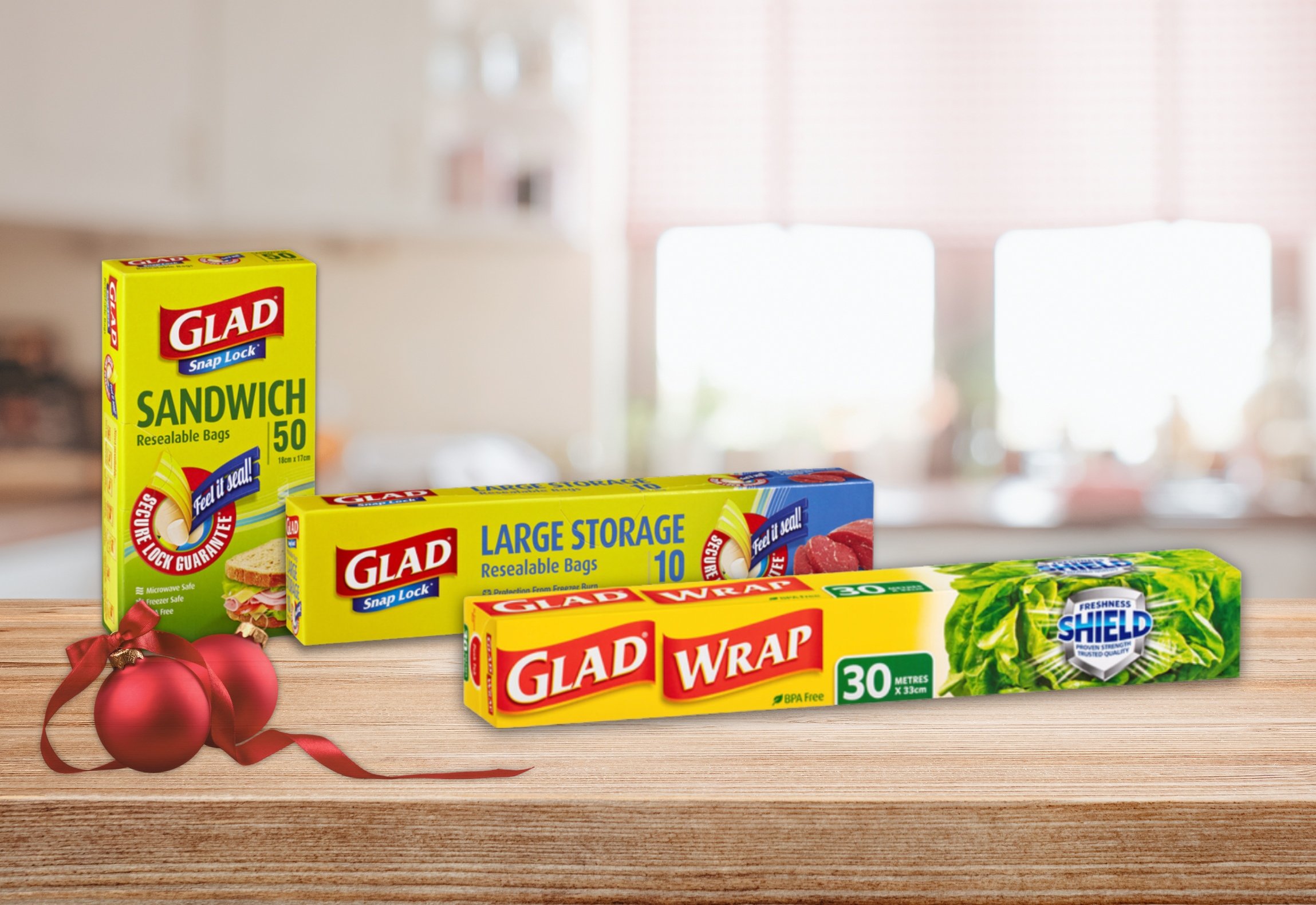“My nearly 1 year old has been eating pretty much everything I offer him since he was 6 months old. All of a sudden in the last 2 weeks he’s become really picky and I struggle to get a complete meal into him. I sometimes have 3 different options on the go just so I know he’s got food in his tummy. He still has 3 formula feeds a day (just before he goes down for his nap/evening sleep). I make sure that he hasn’t had a milk or snack too close to lunch or dinner and I know he’s hungry. He’s always happy and has lots of energy so he doesn’t appear to be hungry or upset.Has anyone else had this problem?” Do you have any tips for dealing with a fussy eater?







3:30 pm
4:48 pm
6:24 pm
10:05 am
11:46 am
12:06 pm
3:05 pm
9:32 am
3:18 pm
12:37 pm
10:42 pm
5:43 pm
5:40 am
10:05 am
7:14 pm
9:00 pm
8:58 pm
8:57 pm
3:12 pm
10:17 am
- 1
- 2
- …
- 5
- »
Post your replyTo post a review/comment please join us or login so we can allocate your points.